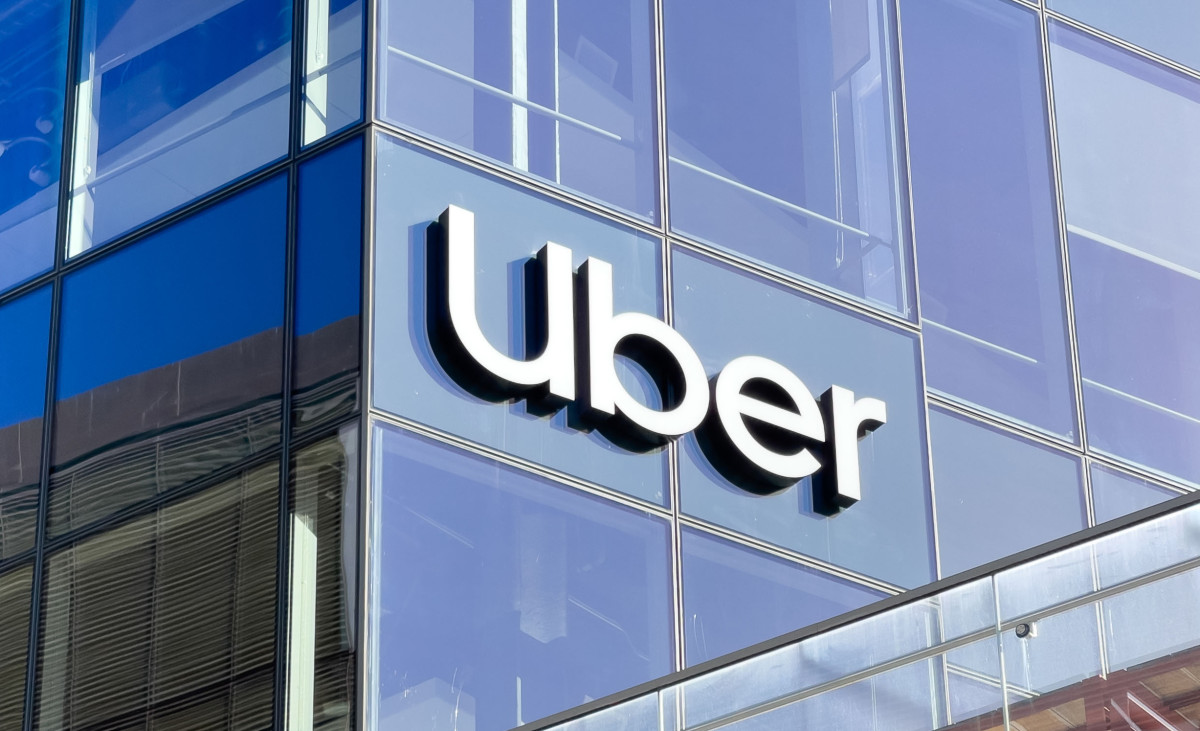Key Takeaways
- A study shows significant disparities in rideshare customer support across U.S. states, with New York ranking among the worst.
Disparities in Rideshare Customer Support
Ridesharing has gained momentum, with companies like Waymo and Tesla integrating autonomous technology. However, a recent study by Blakely Law Firm highlights significant differences in customer support quality across U.S. states for platforms like Uber and Lyft. By analyzing online search trends tied to “Uber Customer Support” and “Lyft Customer Support,” the study ranked states based on average monthly support-related searches per 100,000 residents.
The ten states where riders most frequently seek support, ranked from worst to best, include Georgia, New York, Maryland, Nevada, Illinois, Florida, New Jersey, Connecticut, Massachusetts, and Texas.
New York’s Challenges
New York emerged as the second-worst state for rideshare support. The findings suggest a growing frustration among riders, leading many to seek assistance online for unresolved issues like billing errors, safety concerns, or lost items. A Blakely Law Firm spokesperson noted that high volumes of support-related searches reflect systemic issues in how rideshare companies handle customer inquiries. To rebuild rider trust and enhance the customer experience, it is crucial for these companies in New York to improve support accessibility, streamline issue resolutions, and offer clearer guidance.
New York City riders also grapple with high charges—one-way fares from Manhattan to JFK can range from $75 to over $100. The state’s poor results may partially arise from how rideshare companies manage their drivers.
Concerns Over Driver Treatment
A Bloomberg investigation from the previous year revealed that Uber and Lyft often locked drivers out of their apps to manipulate logged working times, helping them evade New York City’s minimum pay regulations. These restrictions on drivers created misleading records, making it appear as if drivers were busier, thereby reducing payouts. Recently, the New York City Taxi and Limousine Commission voted to increase minimum pay for rideshare drivers by 5% and implement new regulations to prevent app lockouts.
Path to Improvement
Though New York is currently seen as struggling with rideshare satisfaction, the new regulations may positively influence driver conditions and subsequently enhance service quality. However, the survey indicates that Uber and Lyft still need to address challenges in multiple states by improving response times and providing more precise assistance resources.
The customer service challenges faced by Uber and Lyft in states like Georgia present an opportunity for newer players like Waymo to enter the market, offering superior support and potentially gaining customer trust.
The content above is a summary. For more details, see the source article.















